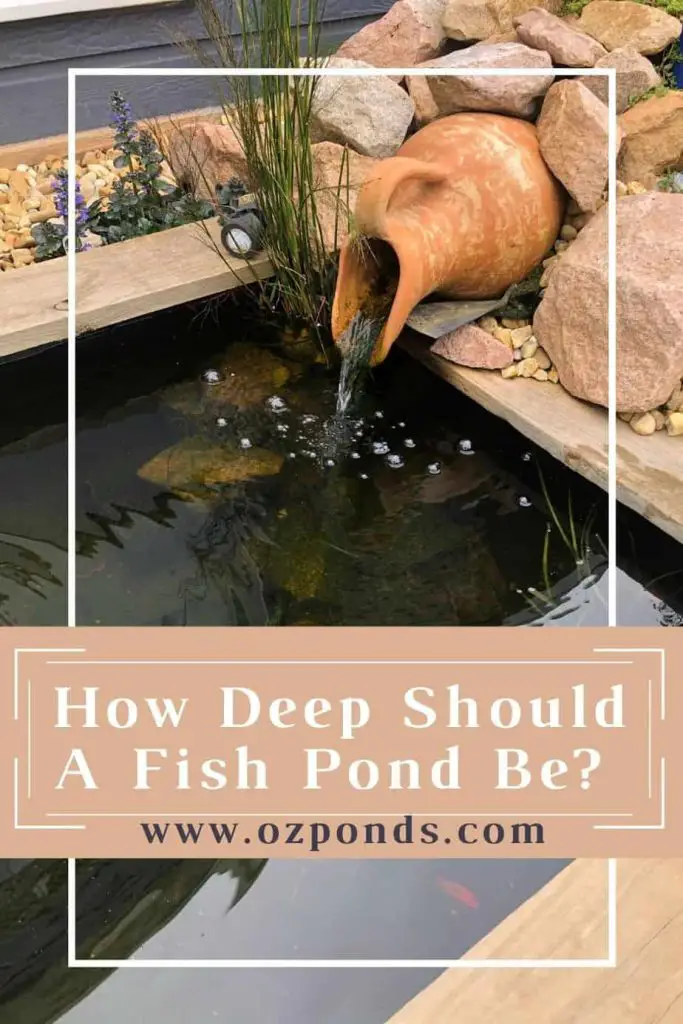When creating a fish pond, one of the most critical factors to consider is the depth of the pond. The depth of a fish pond plays a crucial role in the overall health and well-being of the fish that will inhabit it. But how deep should a fish pond be? Let’s explore this question in more detail.
Factors to Consider
Several factors should be taken into account when determining the appropriate depth for a fish pond:
- 1. Type of Fish: Different species of fish have varying depth preferences. Some fish thrive in shallow waters, while others require deeper areas to thrive.
- 2. Climate: The climate of your location can impact the ideal depth of the fish pond. In colder regions, deeper ponds may be necessary to provide a stable environment for the fish.
- 3. Predators: Deeper ponds can offer more protection for fish against predators, as they have more space to retreat to deeper waters.
Recommended Depths
The recommended depth for a fish pond can vary depending on the specific needs of the fish species you plan to keep. Here are some general guidelines:
| Fish Species | Ideal Depth |
|---|---|
| Koi | 3 to 4 feet |
| Goldfish | 2 to 3 feet |
| Trout | 6 to 8 feet |
Credit: aquanooga.com
Benefits of Proper Depth
Ensuring that your fish pond is the right depth can have several benefits:
- 1. Water Quality: Deeper ponds can help maintain better water quality by providing more space for beneficial bacteria to thrive.
- 2. Fish Health: Proper depth allows fish to exhibit natural behaviors, leading to healthier and happier fish.
- 3. Aesthetic Appeal: Deeper ponds can create a more visually appealing landscape and can support a wider variety of aquatic plants.
Construction Considerations
When constructing a fish pond, it’s essential to pay attention to the depth during the planning and building stages. Consider the following:
- 1. Sloping: Gradual slopes from shallow to deep areas can provide a more natural habitat for fish and make maintenance easier.
- 2. Safety: Ensure that the edges of the pond are secure and that there are shallow areas for easy access and cleaning.
- 3. Filtration: Deeper ponds may require different filtration systems to maintain water quality effectively.

Credit: cartersgarden.wordpress.com
Conclusion
In conclusion, the ideal depth for a fish pond depends on various factors, including the type of fish, climate, and predators. By considering these factors and following recommended depth guidelines, you can create a thriving aquatic environment that benefits both the fish and the overall aesthetics of your pond.




